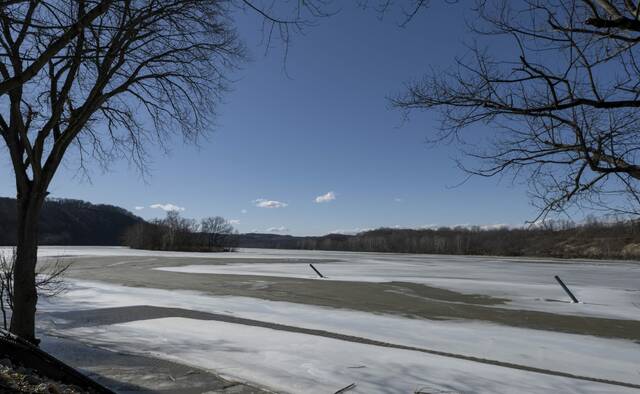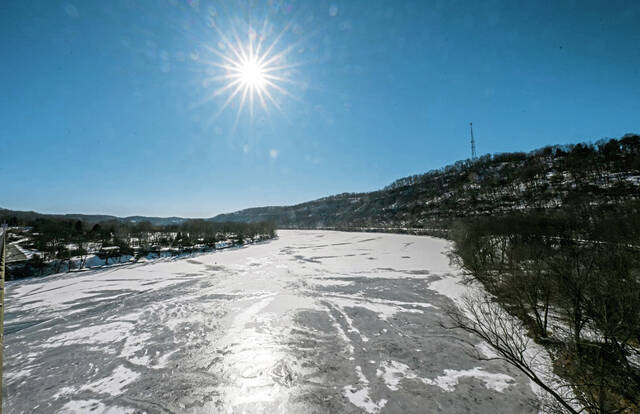Clouds may block Pittsburgh-area sky watchers from seeing the Geminid meteor shower this weekend, but there’s always next year. In 2021, we’ll have plenty of meteor showers, plus a couple of partial lunar eclipses and one partial solar eclipse. Here’s a schedule of reasons to watch the sky next year, according to in-the-sky.org.
Jan. 3 - Peak of the Quadrantid meteor shower. Up to 111 meteors per hour may be visible. The shower will be visible throughout the night, peaking shortly before dawn.
Jan. 21 - The Moon, Mars and Uranus will make a close approach, visible together in the night sky.
May 6 - Peak of the Aquariid meteor shower. Up to 30 meteors per hour may be visible. The shower will be visible between 3 a.m. and dawn.
May 26 - Total lunar eclipse. The full eclipse will not be visible from Pittsburgh, but we’ll be able to see a partial eclipse peaking around 5:45 a.m.
June 21 - Partial solar eclipse, peaking at 5:53 a.m.
July 30 - Peak of the Southern Aquariid Meteor Shower. Up to 20 meteors an hour may be visible. The shower will be visible after 11 p.m. July 29, peaking around 2 a.m.
Aug. 12 - Peak of the Perseid meteor shower. Up to 140 meteors per hour may be visible. The shower will be visible throughout the night, peaking shortly before dawn.
Oct. 21 - Peak of the Orionid meteor shower. Up to 13 meteors per hour may be visible. The shower will be visible throughout the night, peaking shortly before dawn.
Nov. 19 - Partial lunar eclipse, peaking just after 4 a.m.
Dec. 14 - Peak of the Geminid Meteor Shower. Up to 120 meteors per hour may be visible. The shower will be visible throughout the night, peaking around 2 a.m.
Nothing impressing you for next year? Be patient. On April 8, 2024, the next total solar eclipse will pass just north of our region. While southwest Pennsylvania will get a partial eclipse, one need only travel as far as Erie to be in the “path of totality.” Cleveland and Buffalo also will see a full eclipse that day.








